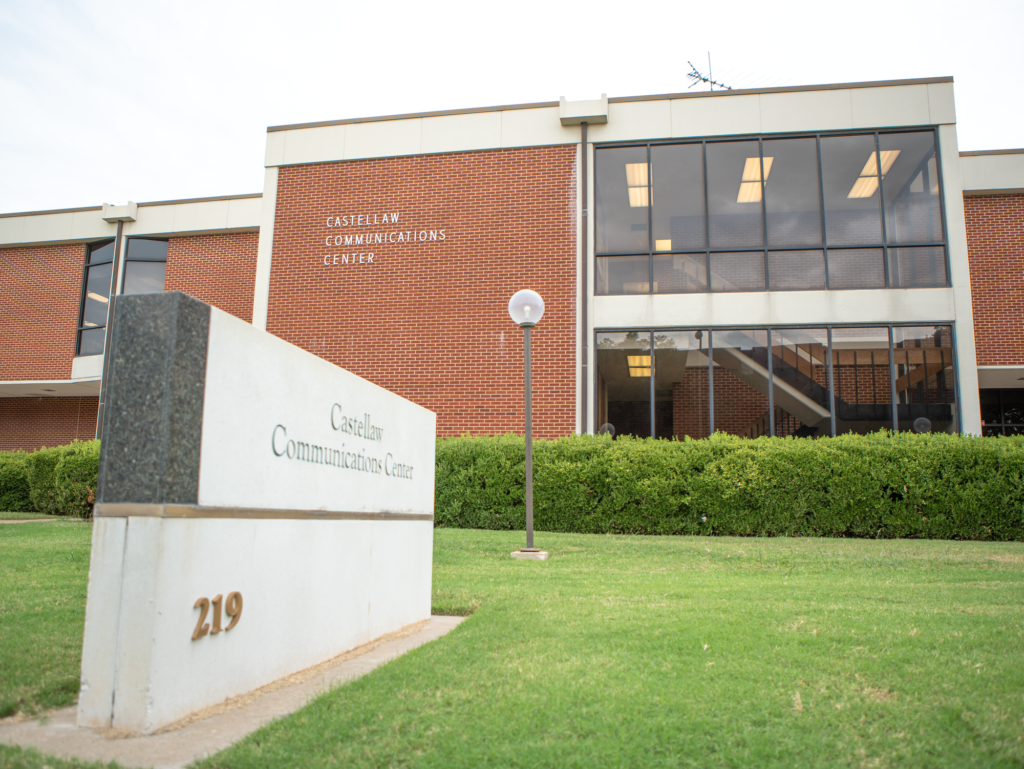Reporter Blake Hollingsworth
Baylor University hosted a “Generation Z Social Media Career Panel” on Thursday featuring four young professionals currently working in social media-related positions, each of whom shared their own career trajectory and offered insights for students interested in a career path in social media.
According to Christian Clark, social media coordinator for the College of Arts and Sciences, social media is not just a platform for self-expression, but a reflection of one’s personal brand.
“You’re all very unique people, and you need to showcase that in your interviews, on your personal websites, on social media,” Clark says. “Ultimately, I think that could be the difference between getting a job or an internship or not.”
Clark also stressed the importance of having a wide range of skills to differentiate yourself from other job seekers, even if they may not seem attractive at first.
“Sometimes I encourage people to try things that they know they’re not confident about, because they might end up loving it,” Clark said.
Additionally, students can gain important skills by simply seeking opportunities, said careers expert Molly Weaver. Weaver said that almost every job she’s had so far came from simply seeking them, including her job at Nite-Lite Donuts, which led to valuable digital marketing experience.
“I was a shift leader at Nite-Lite Donuts and I asked the owner, ‘Can I just come in and do social media and come in as a little marketing intern?'” Weaver says. “I gained a lot of skills in a whole different genre of marketing. It wasn’t silly, goofy content; it was more aesthetic and relatable, and it developed a whole new style of marketing.”
Additionally, Julian Humphreys, social media specialist for student communications, emphasized the importance of consistency when trying to build an audience.
“We post almost every weekend, preferably twice a week, all the time,” Humphreys said. “The more you post, the more news you get and the more people see your posts.”
On this point, Humphreys shared his team’s creative process, saying they hold content meetings six months before each school year.
To stay organized, they use weekly and daily content calendars with room for adjustment built in, and color-code different types of content across Reels, TikTok, and Instagram Stories, ensuring the right mix and balance of content types rather than focusing too heavily on one format.
Humphreys encouraged students to take advantage of workshops, classes and events by making connections, including among the panelists themselves.
“You can network with us and ask questions. It’s like free advice. It doesn’t cost you anything,” Humphreys said.

